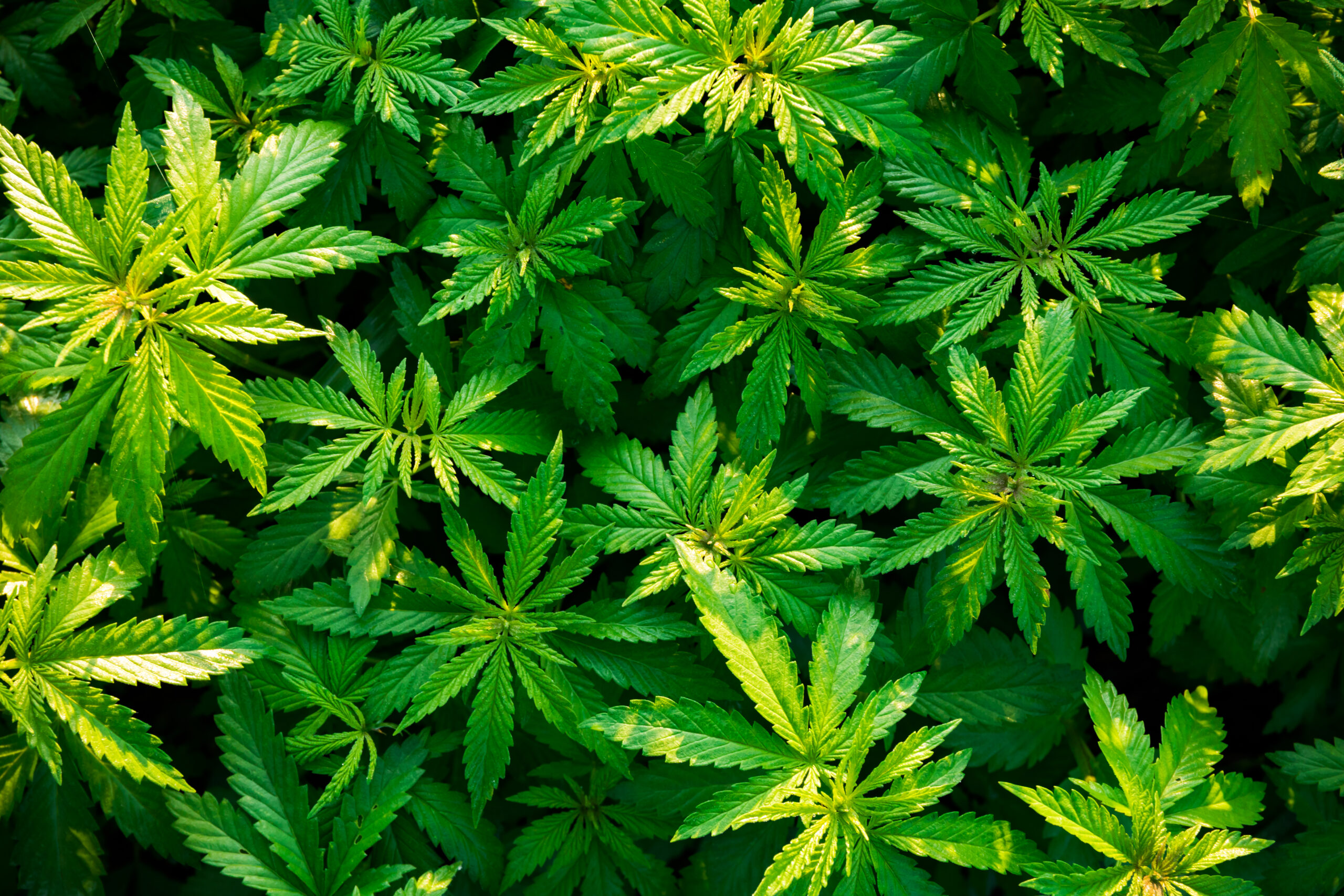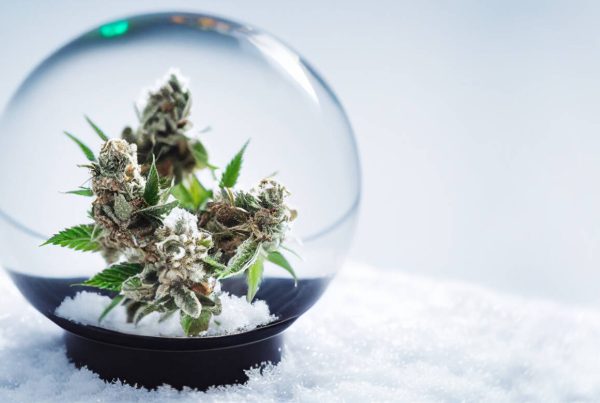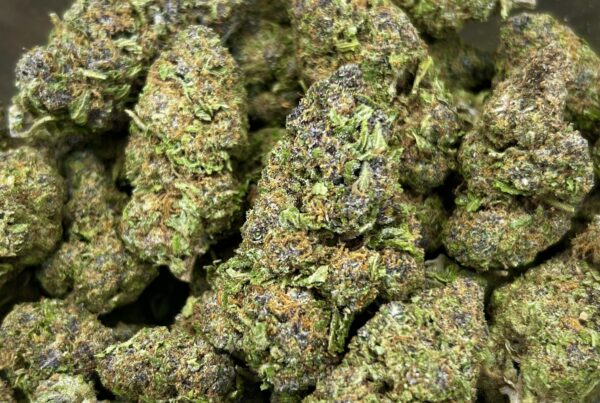CBD has gained immense popularity for its potential health benefits. However, not all CBD is created equal, and understanding the difference between CBD derived from cannabis and hemp is essential for consumers seeking the right product for their needs.
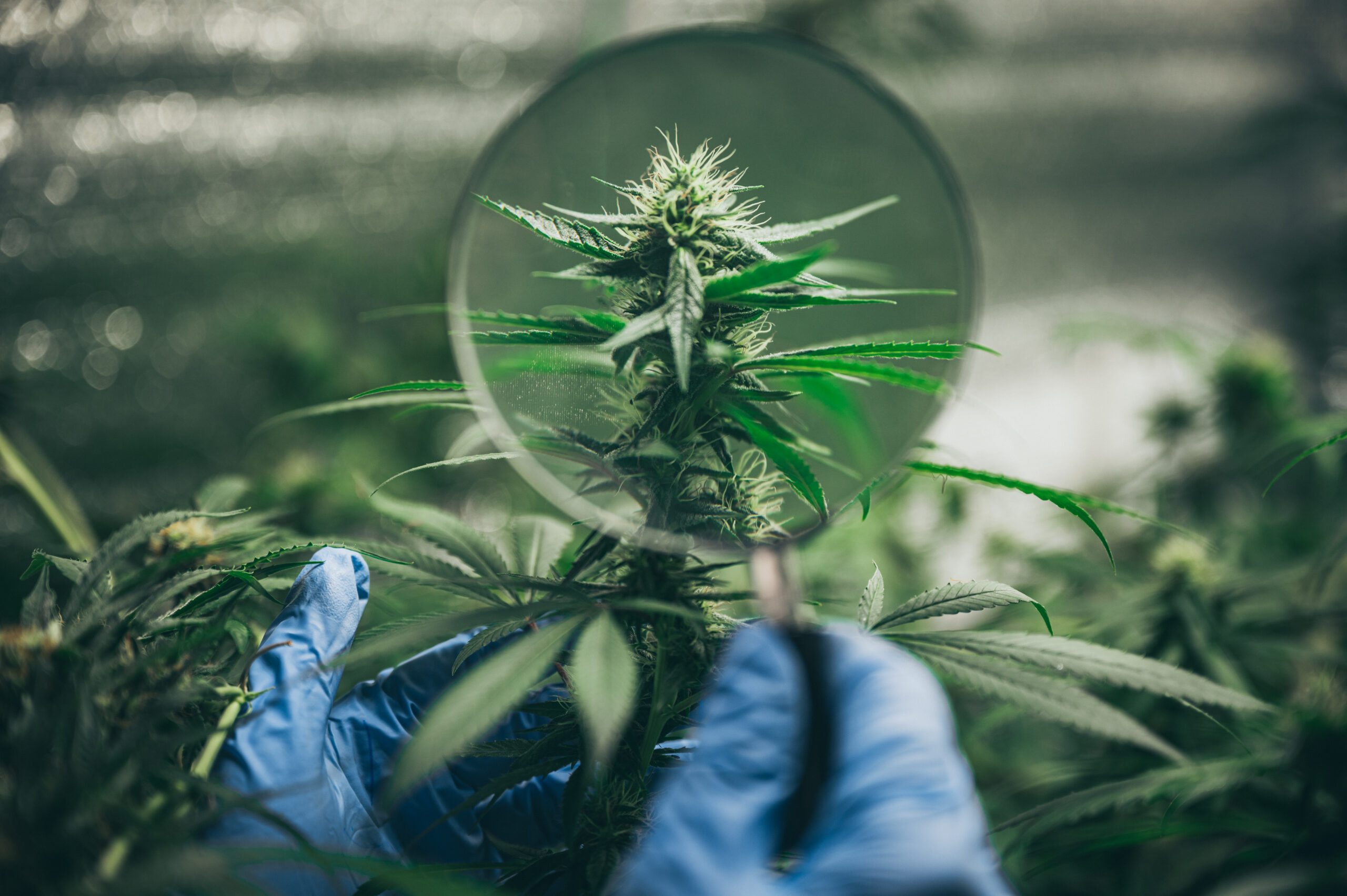
Source of CBD
The primary distinction between CBD from cannabis and hemp lies in the source. Cannabis and hemp are both members of the Cannabis sativa plant family, but they differ in their THC (tetrahydrocannabinol) content. THC is the psychoactive compound responsible for the “high” associated with marijuana.
Cannabis
CBD from cannabis is sourced from marijuana plants, which can contain high levels of THC. In some cases, CBD products from cannabis can have a significant THC content.
Hemp
Hemp-derived CBD is extracted from industrial hemp plants, which have low THC levels (0.3% or less) by legal standards in the United States. This minimal THC content ensures that hemp-based CBD products do not produce psychoactive effects.
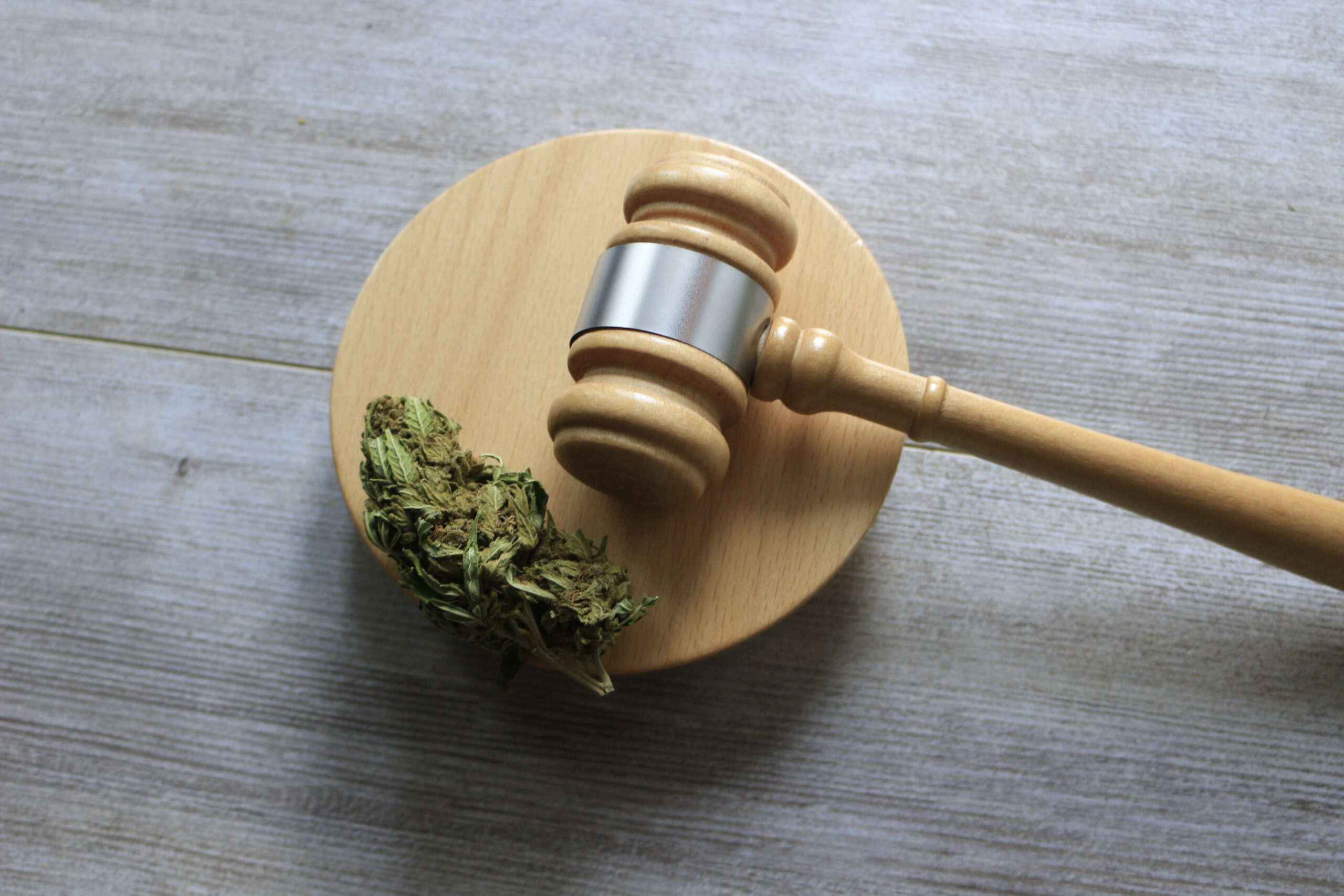
Legal Status
The legal status of CBD products varies depending on their source and location.
Cannabis
In many parts of the world, cannabis-derived CBD is subject to strict regulations, and its legality may be limited to medical or recreational use in specific jurisdictions.
Hemp
Hemp-derived CBD, on the other hand, is legal in many countries, including the United States, provided it contains no more than 0.3% THC. This has made hemp-based CBD products more widely accessible and available.
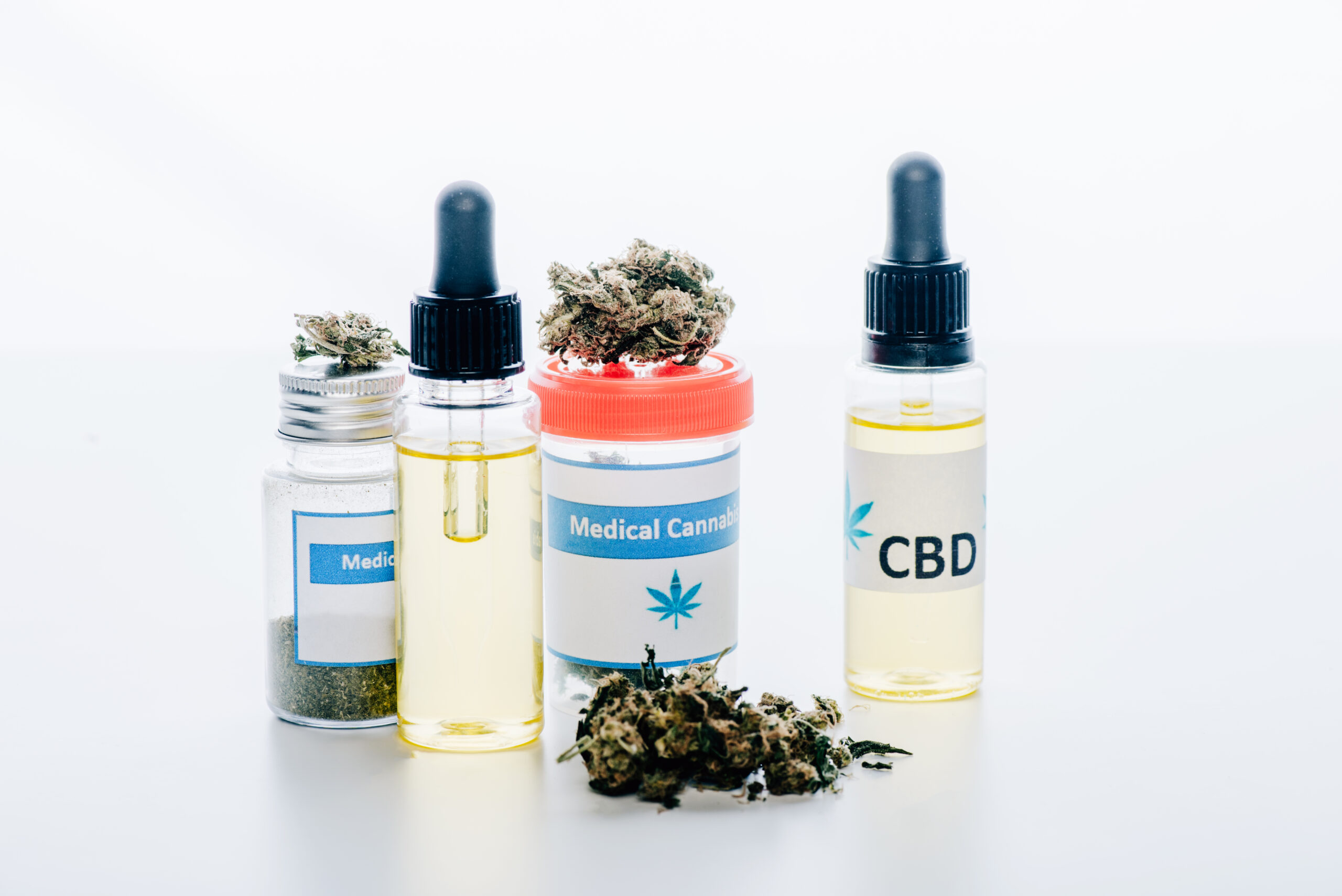
Availability and Variety
Due to its legal status and lower THC content, hemp-derived CBD has become more readily available and diverse in its product offerings.
Cannabis
CBD from cannabis is primarily found in dispensaries in regions where it’s legal, and the product variety may be limited to certain strains and forms.
Hemp
Hemp-derived CBD products can be found in a wide range of forms, including oils, tinctures, capsules, edibles, topicals, and more. These products are widely available both online and in physical stores, providing consumers with a broader selection.
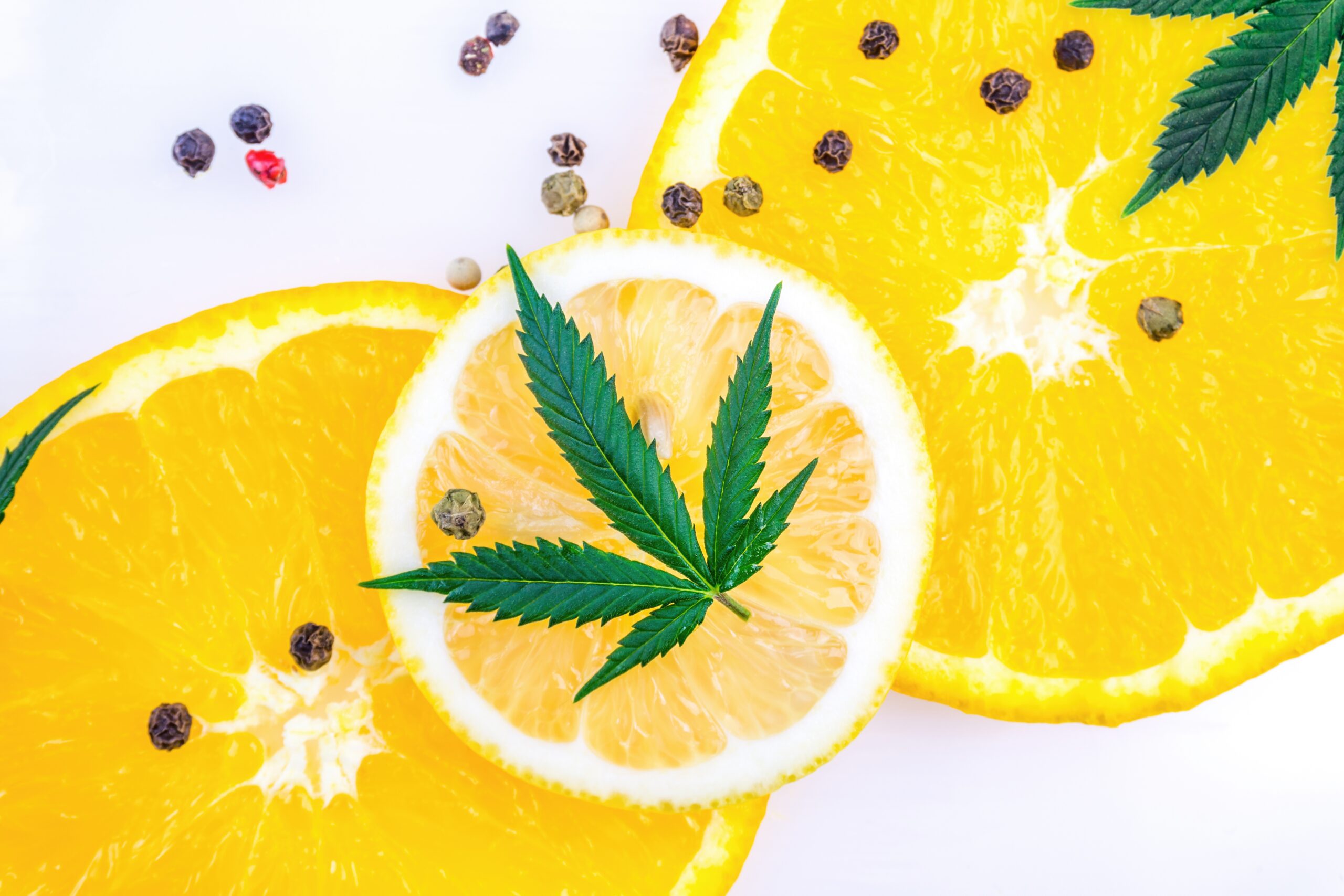
Terpene and Cannabinoid Profile
Cannabis and hemp plants contain a wide variety of compounds, including terpenes and cannabinoids. These compounds can influence the effects and potential benefits of CBD products.
Cannabis
Cannabis-derived CBD may have a more diverse terpene and cannabinoid profile, which can result in a wider range of potential effects. However, it can also lead to a stronger or different flavor and aroma.
Hemp
Hemp-derived CBD typically has a more consistent and predictable cannabinoid profile. It is often chosen for its milder, neutral flavor and aroma.
While both cannabis and hemp can be sources of CBD, they differ significantly in terms of THC content, legal status, availability, and the range of products they offer. Consumers should consider their location, legal regulations, and individual preferences when choosing between CBD from cannabis or hemp. Regardless of the source, it’s essential to purchase CBD products from reputable, transparent manufacturers to ensure quality and safety.


